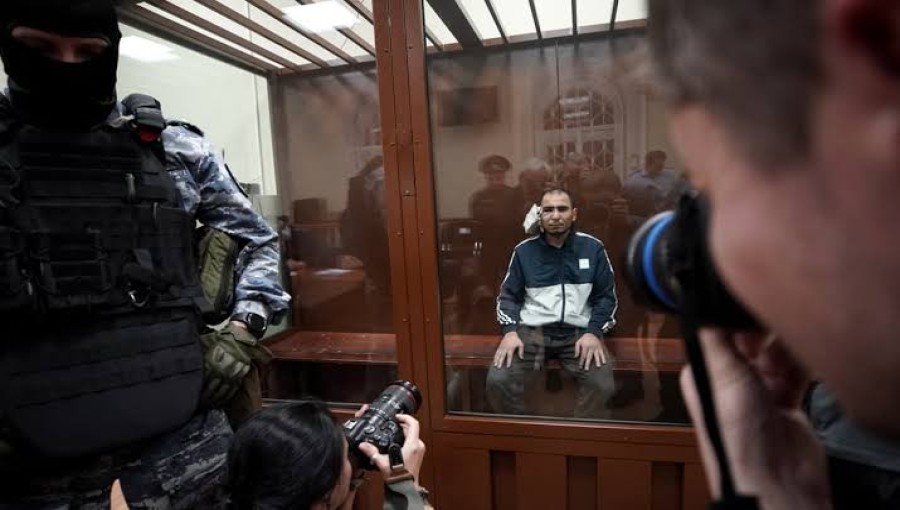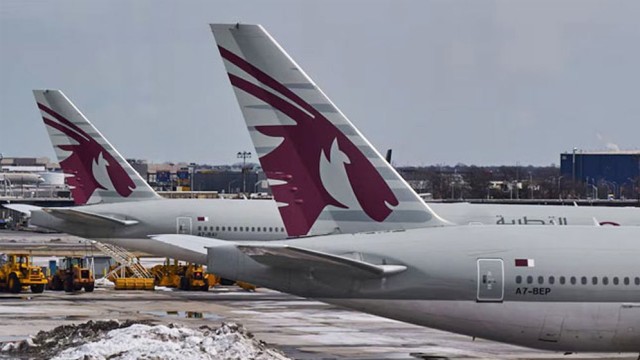In the aftermath of the deadly terrorist attack at Crocus City Hall near Moscow, Russian authorities have arrested 11 individuals suspected of involvement in the incident. Among them are four Tajik nationals accused of indiscriminately opening fire inside and outside the concert hall, leading to multiple casualties.
The suspects were apprehended while attempting to flee to Ukraine through the Bryansk region, southwest of Moscow, shortly after the attack. Upon their arrest, they were transported to Moscow under heavy security. Subsequently, the four individuals were brought before the court to face charges under Russia's anti-terror laws, with the possibility of life imprisonment looming over them.
Identified as Dalerzon Mirzoev, Saidakaram Rachabalijoda, Muhammadsbir Faizov, and Shamsuddin Fariduni, the suspects allegedly confessed their involvement in the attack during interrogation. However, disturbing reports of torture and abuse inflicted upon them post-arrest have surfaced, raising concerns about the treatment of detainees in Russian custody.
Several videos depicting the condition of the suspects have circulated on social media, showcasing their battered and bruised faces. Allegations of torture include claims of ears being severed, eyes gouged out, and severe beatings inflicted upon the detainees. Despite these allegations, the Kremlin has remained silent on the matter.
In one video, Muhammadsbir Faizov is seen being violently apprehended from a forest, with blood streaming down his face from apparent injuries sustained during the arrest. Similarly, Shamsuddin Fariduni is depicted kneeling and trembling while being interrogated by law enforcement officers.
Dalerzon Mirzoev, sporting swollen eyes and bruises, stands imprisoned in a glass cage, while Saidakaram Rachabalijoda bears a large bandage covering a portion of his ear, allegedly severed during the ordeal. The harrowing accounts of torture endured by the suspects underscore the gravity of the situation and the need for accountability.
The involvement of the Chechen Army in the operation further complicates the situation, raising questions about the methods employed during the arrests. Despite the detainees' purported confessions, the authenticity and reliability of the information obtained under duress remain dubious.
As the trial progresses and investigations continue, the treatment of the suspects remains a contentious issue, prompting calls for transparency and adherence to international standards of human rights. The shocking revelations of torture underscore the urgency of addressing systemic flaws in Russia's criminal justice system to ensure fair and just proceedings for all parties involved.































Comment: